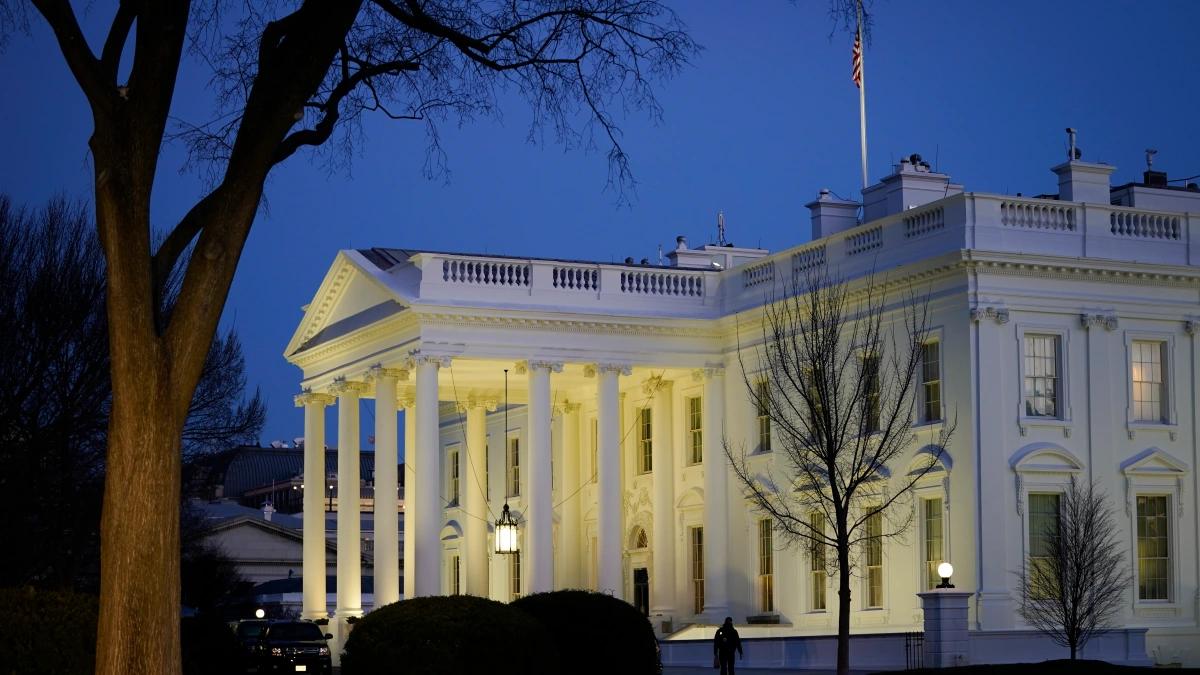
8 minute read
EVALUATING THE PRESIDENTS

45 Men Decide the Fate of African Americans
Advertisement
By Earl A. Birkett
Preamble
Any nation is always much more than the sum of its leader; however, there is no dispute that the quality of leadership can make a huge difference in shaping the greatness of a nation. This is no less true for the United States of America, a nation that has been led by 45 men over its 246 years as a democratic republic. Throughout this period, a defining aspect of their presidencies has been how they dealt with those Africans who were brought to America 403 years ago in bondage, those who were brought here since, and their descendants who have struggled for freedom and equality ever since. The times in which they lived often dictated their response to the plight of African Americans, but other factors, including the personality and motivations of the individual occupant of the office, have taken on equal or greater weight.
Bear in mind that for the 81 years under the Constitution adopted in 1787, blacks were not even citizens, or even people, and were considered to be only three-fifths of a person for property reasons. It wasn’t until the 14th Amendment was adopted in 1868 that former slaves were granted citizenship. The black struggle for social, financial and political equality must be evaluated on two fronts: 1) pre-Civil War America and 2) post-Civil War America. By and large, the 15 presidents who served before the Civil War must be judged by how they dealt with slavery and the preservation of the Union while seeking to grow an empire, whereas the 30 men who proceeded them had to figure out what to do with black Americans who achieved their freedom and wanted to be treated as full partners in the American Experiment. How are these presidents to be evaluated? I thought it best to evaluate the totality of their lives, before and after they reached the presidency, in addition to how they performed in office. My rankings are broken down into four groups:
The Top 5 Best Presidents for black Americans

The Next 5 Best Presidents for black Americans
The 29 Presidents In the Middle who have had varying effect on black Americans, from Best to Worst
The Bottom 5 Worst Presidents for black Americans
The reader should be mindful that my ranking is subjective yet based on the impact that each man’s actions have had on the lives of black people in America. It is not a ranking of their overall performance in office or their personal legacy.
The Top 5
1
Lyndon Baines Johnson of Texas
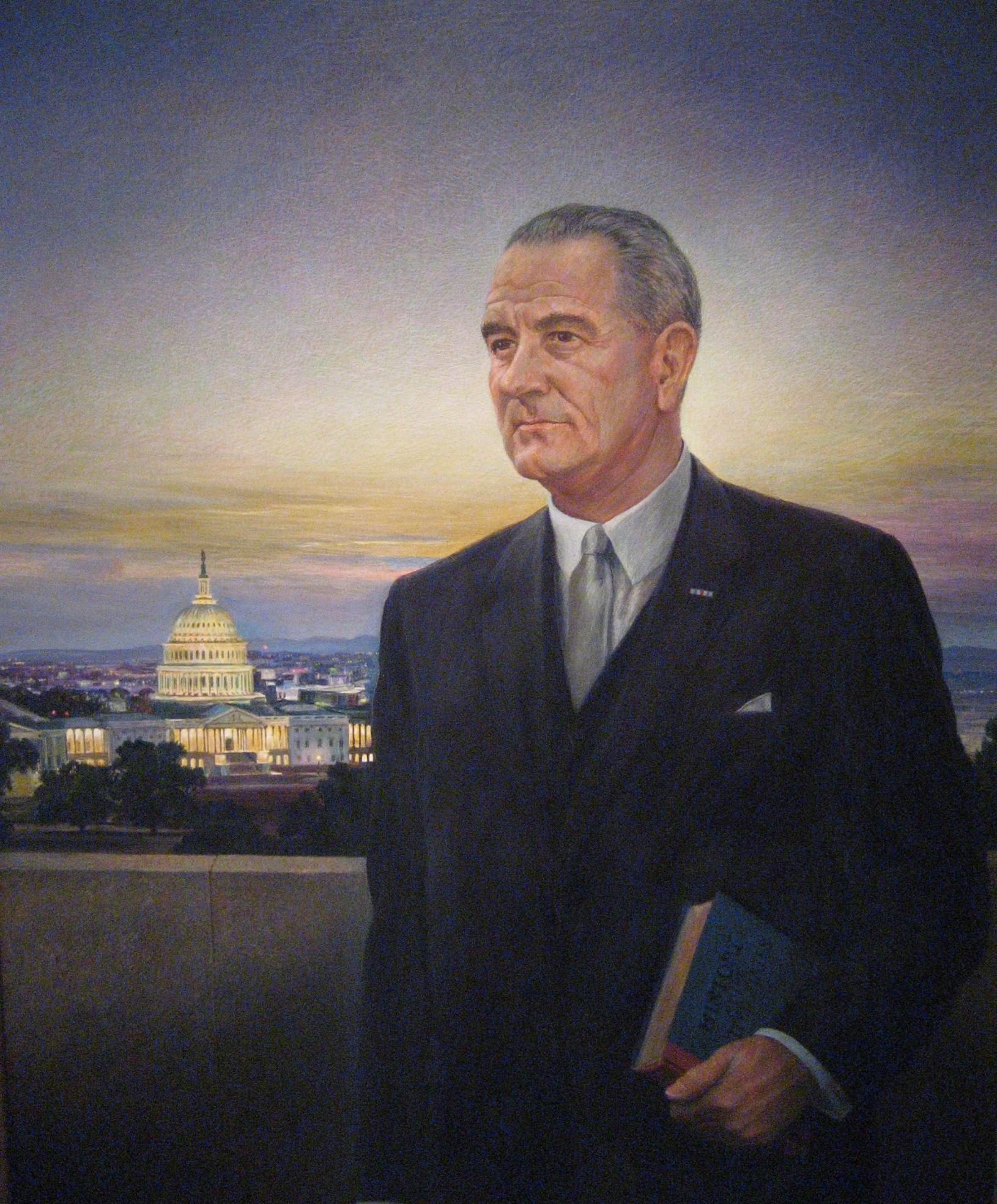
THE TIMES: LBJ was sworn into the presidency following the assassination of John F. Kennedy and presided over the most calamitous national divisions since the Civil War, over civil rights, the war in Vietnam and cultural change.
THE PLUS SIDE: Johnson’s achievements permanently transformed race relations and politics for generations. As senate majority leader, the Democrat was the key to passage of the Civil Rights Act of 1957. His presidential administration—the first to place blacks in senior positions on a large scale—spearheaded passage of the landmark Civil Rights Act of 1964, ending segregation; the Voting Rights Act of 1965, allowing Southern blacks the right to vote unencumbered; the Fair Housing Act of 1968, curtailing redlining; home rule for predominantly black Washington, D.C.; the adoption of the Immigration and Naturalization Act of 1965, which led to a surge of immigrants from Caribbean and African nations; the establishment of the Equal Employment Opportunity Commission (EEOC); the adoption of Medicare, which has improved healthcare for millions of African Americans; the waging of a War on Poverty in the first attempt to raise the living standard of blacks; and the appointment of the first black Cabinet member, Housing and Urban Development Secretary Robert C. Weaver, and the first black Supreme Court associate justice, Thurgood Marshall. These accomplishments propelled the Black Power Movement and greatly assisted black Americans in achieving a sense of dignity and respect never before achieved in American life.
THE MINUS SIDE: Johnson’s efforts to improve the lives of African Americans led to resentment among bigoted whites, especially in the South and the cities. Southern whites began to switch their allegiance from the Democratic Party to the Republicans, and Northern whites fled the cities to the suburbs, leaving depleted neighborhoods in their wake. The War on Poverty was poorly managed and prone to abuse and exploitation. The attacks of J. Edgar Hoover’s Federal Bureau of Investigation (FBI) against civil rights leaders and the Black Panthers and the Central Intelligence Agency (CIA) flooding black ghettos with illegal narcotics to pacify protest is a human rights low point. The Vietnam War split the black community, unfairly drafted poor inner-city and rural black men over wealthier white men, and painted Americans as imperialists waging war against impoverished Vietnamese patriots.
OVERALL: Despite his many flaws and failures, Lyndon B. Johnson laid the groundwork for the greatest social, economic and political advancement of African Americans in U.S. history.


2
Abraham Lincoln of Illinois
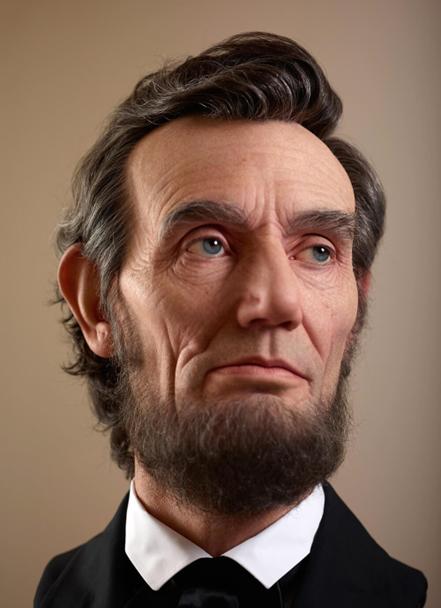
16th President
1861-1865
THE TIMES: Lincoln’s election in 1860 led the Southern slave states to secede from the Union and form another country, the Confederate States of America (CSA), and proceed to fight a bloody and losing four-year war with the Northern U S

THE PLUS SIDE: The 87-year abolitionist movement culminated in 1863 with Lincoln issuing the Emancipation Proclamation, outlawing slavery in the South It took the force of national law with the Union Army’s victory over the Confederacy in 1865 Enslaved Southern blacks were motivated to fight on the Union side for their freedom and expected full citizenship after the war; they also remained loyal Republican Party voters from 1868 to 1932
THE MINUS SIDE: Although Lincoln opposed slavery, he was not in favor of equal rights for blacks, whom he considered inferior to whites. In fact, he sought to send freed slaves back to Africa.
OVERALL: Lincoln deserves to be the second most consequential president for blacks because he freed them and set them on the road to true citizenship.

Franklin Delano Roosevelt of New York
32nd President
1933-1945
THE TIMES: The U.S. was in the tight grip of the Great Depression, the biggest economic downturn in its history; the political and social order was collapsing; and the nation faced a potential revolution.

THE PLUS SIDE: FDR knew that difficult times called for bold measures, and he quickly proceeded to save a country that was imploding. His groundbreaking New Deal administration introduced what Americans take for granted today: Social Security, bank deposit insurance, securities regulation, rural electrification. Government public works projects lifted millions of blacks out of poverty, and manufacturing jobs and perceived equality in the North led to a mass migration of blacks from the rural South to Northern cities. Thanks largely to First Lady Eleanor Roosevelt and early civil rights leaders, African Americans made substantial social progress and began to switch their political allegiance from Republican to Democratic. Roosevelt appointed the first black woman, Mary McLeod Bethune, to a senior White House position.
THE MINUS SIDE: Black Americans still faced debilitating segregation (an aftereffect of the rise of the Ku Klux Klan in the 1920s), in part brought on by the Roosevelt administration’s housing policies, which introduced redlining and housing projects. The armed forces remained segregated through World War II, and black soldiers were given the more degrading and dangerous military assignments. Roosevelt, a wealthy elitist, had little interest in blacks beyond their status as servants.

OVERALL: FDR’s New Deal was not specifically created to help African Americans; however, they became a major beneficiary of his reforms, which led to greater progress in the postwar years.

THE TIMES: After a decade-long real estate bubble brought about by lax banking regulation, the U.S. economy was crippled by the Great Recession, which displaced millions of Americans and threatened to destabilize the government.
THE PLUS SIDE: Obama’s 2008 election and his 2012 re-election as the first African American president was a turning point in U.S. history. The glass ceiling on black aspiration had finally been broken. Seeing a highly intelligent, well-educated and charismatic (and scandal-free) black man and his attractive family in the White House continues to inspire black Americans and all Americans as well as people of all races abroad.



THE MINUS SIDE: Obama’s presidency, though it pulled the U.S. out of the Great Recession, did little to ease the vast and growing social, economic and political divide that plagues relations between black and white Americans. He introduced few policies that directly improved the lives of African Americans, and much of the legislation he did propose was blocked by Republicans in Congress, often for reasons of prejudice and partisanship.
OVERALL: President Obama was the first, and the first always gets the benefits—and the drawbacks.
Harry S Truman of Missouri
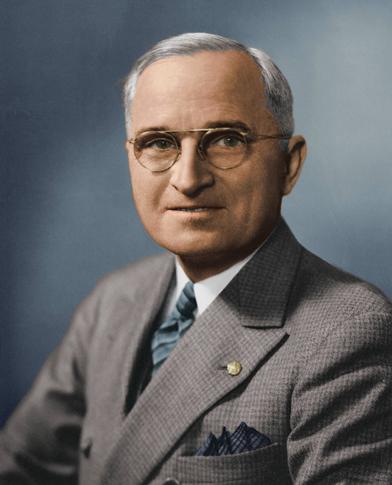
33rd President
1945-1953
THE TIMES: World War II, the worst in history, was drawing to a close, and the planet faced a difficult period of adjustment to the New World Order.
THE PLUS SIDE: Truman’s presidency, which he inherited upon FDR’s sudden death, was among the most consequential of all for many reasons, but his executive order desegregating the military in 1948 was arguably the single greatest advancement of African Americans after passage of the 14th Amendment. Once military life was integrated, it steadily led to the full integration of blacks in American society at large. It was also during this time that Ralph Bunche’s career as a Nobel Peace Prize-winning statesman flourished.


THE MINUS SIDE: A product of his time and birthplace, Truman was not personally receptive to African Americans and harbored many of the prejudices of the day.
OVERALL: Truman was a fair man and a straight shooter. He made a lot of mistakes, but he also often made the right decision, as he did with desegregating the military.
THE TIMES: The Vietnam War, Watergate and an economic recession gave rise to the feeling among many Americans that the nation was in decline.
THE PLUS SIDE: Although his father, Mr. Earl, was a bigot, Jimmy Carter, the Navy veteran and humble peanut farmer from Plains, Georgia, represented the “new” more enlightened South when he was elected governor in 1970 and parlayed his single term into a successful White House run in 1976. The Democrat brought with him the most racially diverse administration up to that time, and blacks had a huge say in setting government policy for the first time. Carter appointed the first black woman Cabinet secretary, the first black U.N. ambassador, and the first black Army secretary.

THE MINUS SIDE: Nothing much changed for the average black American, who like most Americans struggled with high inflation and shrinking manufacturing jobs, and promises to revitalize burnedout inner cities never materialized.
OVERALL: Carter, a determined man of integrity, was a breath of fresh air after years of government corruption and mistrust. Although he opened yet more doors for African Americans in government, his achievements were not enough to put him in the top rank.
THE TIMES: America, recovering from a mild recession and benefiting from the collapse of the Soviet Union and communist ideology, was at the dawn of a technological transition that would produce both an economic Golden Age and political destabilization.
THE PLUS SIDE: Bill Clinton, yet another liberal-minded Southern governor, continued Carter’s tradition of appointing black Americans to high-level positions in government. Dubbed “the first black president,” Clinton was the chief executive that was friendliest to blacks until Obama came along. Many blacks could identify with Clinton’s background, lifestyle, habits and flaws. Banking deregulation and a stock market boom led to the largest increase in black home ownership in U.S. history and a significant drop in the poverty rate.

THE MINUS SIDE: Clinton’s extension of the Reagan/Bush drug war and a crackdown on inner-city crime led to a greater stigmatization of young black males as “super predators.” Deregulating the banks increased blacks’ access to easy credit but would come back to hurt them in the foreclosure crisis the following decade.
OVERALL: Clinton presided over an era of relative peace and great prosperity which, for the first time, lifted the fortunes of African Americans of all class levels.
8
Richard Milhous Nixon of New York* 37th President
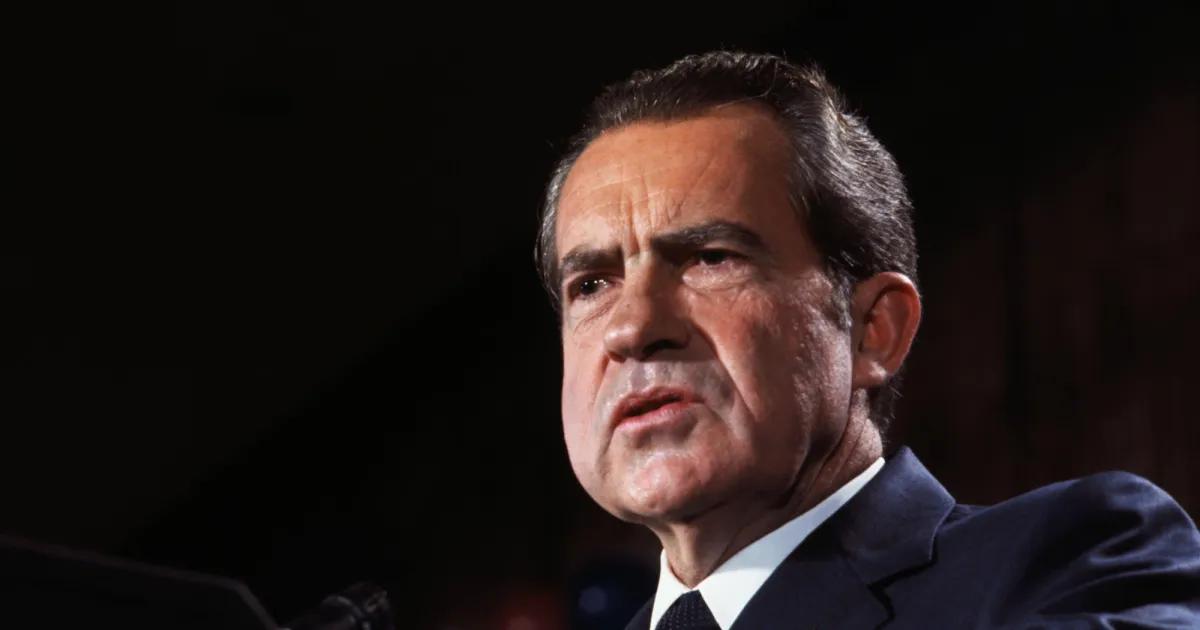
1969-1974










